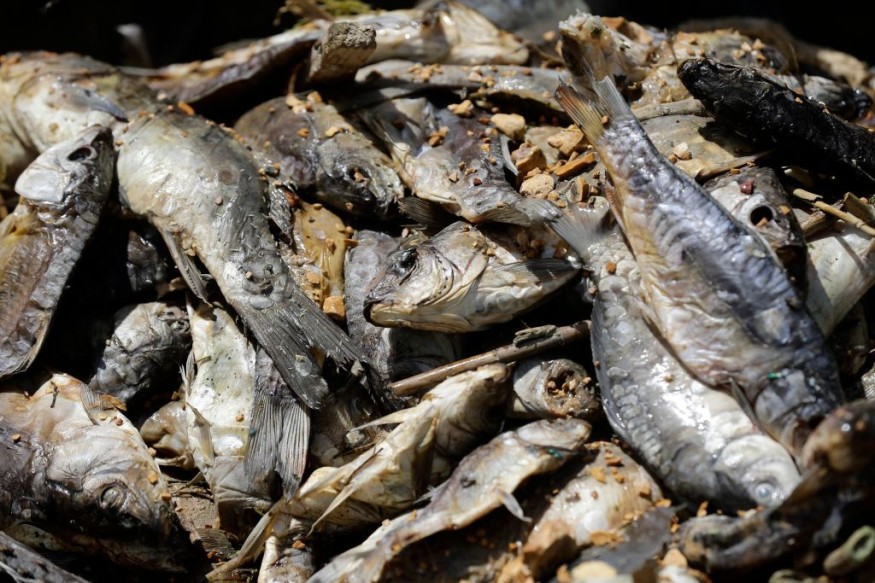Fish waste has been reported to be part of a growing trend of dead animals left behind by human commercial activities.
As the global population continues to increase, various estimates and figures have shown the potential threat of a decreasing food supply.
Fish Waste

Millions of tons of dead animals are a combined result of dumped fish into the sea or left behind on land to rot in fridges and shops at an unprecedented rate.
The said cases are not only in Europe but also in other parts of the world, according to The Guardian.
The UK-based media outlet even cited the perspective of experts regarding the matter, explaining that understanding the specific factors that resulted in the fish waste between harvest and plate is necessary.
The authorities have also reportedly accused fisheries of their notorious opaque supply chains and incomplete datasets.
Bottom Trawl Fisheries
In April, the non-governmental organization World Wildlife Fund (WWF) reported the leading cause of illegal fish dumping in European waters is linked with the fishing gear and not the size of the vessel, accounting for 92% of fish waste linked to trawling.
The figure is based on the new WWF research on fisheries discards in the European Union.
The data showed that the practice of fish trawling is the main culprit.
The said method involves scraping the seafloor and catching everything on its way.
Also called fish dumping, fish discards are not only a waste of marine resources but a source of overfishing in European seas as claimed Stella Nemecky, a fisheries expert at WWF-Germany, as cited by the wildlife organization.
This illegal dumping poses life-threatening and environmental risks among fish populations, ecosystems, and biodiversity, Nemecky adds.
The WWF report came two months after a major fish dumping in the territory.
100,000 Dead Fish
In February, the FV Margiris, a Dutch-owned fishing trawler, has been accused of dumping approximately 100,000 dead fish, which were seen floating in the waters of the Bay of Biscay, situated on the western Atlantic coast of France, as per France 24.
The owners of the Dutch vessel blamed the incident on an accident caused by a faulty net.
However, environmental groups, including the Sea Shepherd France, a non-governmental organization that aims to protect marine ecosystems, claim the fish were intentionally dumped into the waters.
The incident received widespread public criticism, both locally and internationally. In France, Sea Shepherd activities had called on the French government to take action.
The said vessel had also drawn a backlash from the UK and Australia over the past decade.
Tip of the Iceberg
Prior to public consumption, the fish that we eat comes initially from their marine habitats or man-made sites.
The rationale may be simplistic, but a 2020 report by the Food and Agriculture Organization of the United Nations (FAO) estimates that 35% of all fish, crustaceans, and molluscs are harvested from fish farms, lakes, and oceans are wasted before even reaching our plates.
In general, both the WWF and FAO data show that fish waste and dead animals caused by human methods are detrimental to increasing demand for a limited food supply.
Related Article : Dutch Trawler Dumps 100,000 Dead Fish into the Western Coast of France
© 2026 NatureWorldNews.com All rights reserved. Do not reproduce without permission.





